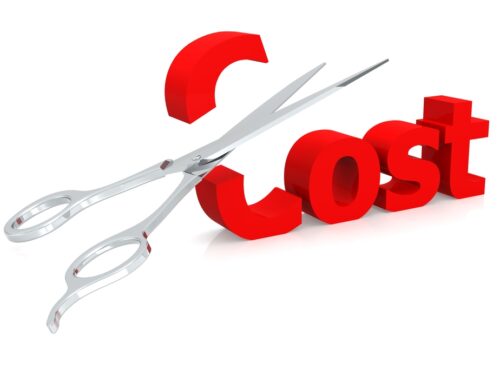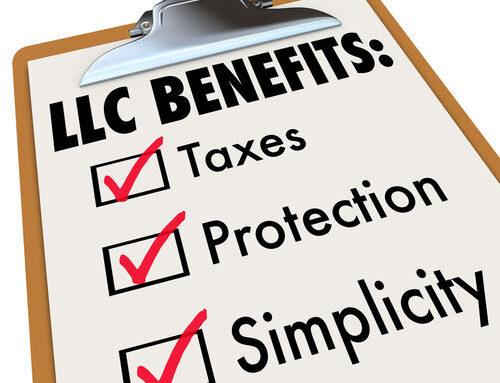[cs_content][cs_section parallax=”false” separator_top_type=”none” separator_top_height=”50px” separator_top_angle_point=”50″ separator_bottom_type=”none” separator_bottom_height=”50px” separator_bottom_angle_point=”50″ style=”margin: 0px;padding: 45px 0px;”][cs_row inner_container=”true” marginless_columns=”false” style=”margin: 0px auto;padding: 0px;”][cs_column fade=”false” fade_animation=”in” fade_animation_offset=”45px” fade_duration=”750″ type=”1/1″ style=”padding: 0px;”][cs_text]
to ensure your business is priced properly and you will be able to attract potential buyers. Read more.
Well before you’re ready to sell your company, you’ll want to determine its fair market value as a starting point for negotiations. Of course, obtaining a reasonably precise value for your business is often a complicated and time-consuming task. Accurate appraisals must weigh a variety of factors and incorporate numerous assumptions. The more precise the underlying numbers and suppositions, the more likely the appraiser’s determination of fair market value will reflect what a willing buyer would actually pay. Here are two questions an appraisal should address.
- How does your business compare? If you’re operating a service business, your valuation will differ – often substantially – from a company involved in light manufacturing or retail. Buyers will expect a reasonable return on their investment, a return that is often represented as some form of earnings multiplier. For example, your business may be valued at three times projected earnings. Once determined, that number can be compared to businesses of similar size in your market. Of course, accurate valuations must compare apples to apples. “Earnings” must be defined. Should “earnings” include or exclude the owner’s pay, interest expense, depreciation, or taxes? A careful appraisal will also scrutinize the balance sheet. The basis for valuing tangible and intangible assets (including non-compete agreements) and liabilities (such as mortgages, installment loans, and accounts payable) should be clearly laid out – before the business is put on the block.
- Will present trends continue? The future may be difficult to predict, but a careful analysis should be based on conservative projections, assumptions, and common sense. If, for example, the business is expected to retain skilled management and employees, buyers may be willing to pay a premium. If, on the other hand, the company is overly dependent on a few products or customers, potential buyers may be scared off. Or they may require concessions to mitigate perceived risk. Again, a careful appraisal will consider many such factors and value the business accordingly.
Remember: an appraisal is merely a starting point for negotiations. The more accurate the appraisal, the more likely the business will be priced correctly and potential buyers will be attracted. Unfortunately, determining the fair market value of a business may be fraught with missteps and faulty assumptions. For that reason, hiring a trained and objective professional is often a worthwhile investment.[/cs_text][/cs_column][/cs_row][/cs_section][/cs_content]





